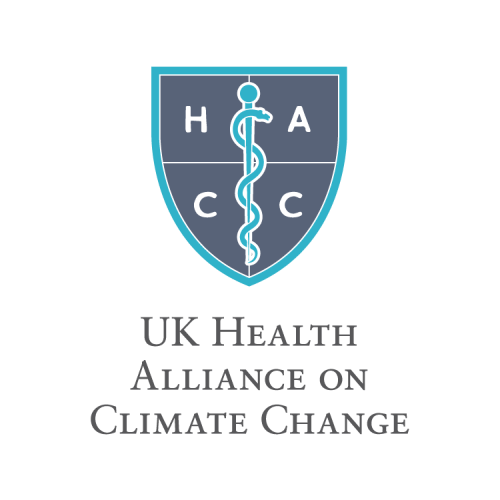

We medical professionals call on the Health Secretary, Steve Barclay MP, to back the Climate and Nature Bill.
NHS staff witnessed, first hand, the effects of last year’s heatwave, where temperatures hit 40.3°C—a record no one should be excited about breaking, and yet could well be our ‘new normal’.
Scientists have warned that we’re set to witness further devastation—with unimaginable consequences—and across the UK, NHS staff are frightened of what they’re increasingly likely to face in an already suffering health and social care system.
It’s the NHS who treat the health conditions caused by more intense heatwaves, waterways that have turned into sewage dumps, and air pollution spikes that shroud the places we live, work, and learn. All the while, they’re working in a system that’s wholly unfit for extreme temperatures and weather events.
Our window for action is closing!
We have under a decade to make the necessary changes to prevent irreversible tipping points—and the ever-increasing impacts the interconnected environmental crisis is having, and will continue to have, on our health and our beloved NHS.
We cannot stress enough the urgent, additional action needed now. We need a legally-binding plan to rapidly reduce emissions and restore our natural world. That means the Climate and Nature Bill!
-
Click to read the letter to Steve Barclay
Dear Mr Barclay,
We, the undersigned, write to ask you to work with us, and other NHS professionals, to take decisive action on the environmental and health crisis. As Health Secretary, you have responsibility for the health of the UK population and—as health professionals—it is our duty to speak out when human health and wellbeing is at risk.
Reports by the United Nations, Lancet Countdown and NASA—as well as thousands of scientists, globally—are stressing the need for urgent, additional action to tackle the environmental and health crisis, emphasising that wealthier nations are still not doing enough to prevent its predicted catastrophic consequences. Moreover, independent reports have highlighted a significant gap between the UK Government targets for decarbonisation and what is required to secure a safe and liveable future.
As you will remember, last year is thought to be the hottest the UK has ever experienced, with temperatures life-threateningly high at more than 40°C. Over 3,000 excess deaths were recorded during these heatwave periods and—as NHS staff—we witnessed the effects, first hand. Unfortunately, last summer’s events may now be a ‘new normal’ for those of us working in the NHS. We are the people treating patients with severe dehydration, electrolyte imbalances, pressure sores, smoke inhalation, burns, and sudden cardiac arrests because of intense heat. We are the people who manage the life-threatening asthma attacks in children caused by air pollution spikes near their homes—and who treat their infections picked up from paddling in what used to be safe rivers and seas, but have turned into sewage dumping grounds. We discharge patients in the knowledge that we will likely see them again because of inaction in tackling the dangers that made them ill; fully aware that, next time, they may not survive. We do all of this work in infrastructure wholly unfit for extreme temperatures, putting our own health at risk. For the sake of everyone’s health, as a country, we must do more.
Year on year, scientists warn us that we will witness more and more devastation—the likes of which the world has never seen—and the consequences of which are unimaginable. Wildfires, flash floods, climate-related migration, and inequality each bring health consequences. Antimicrobial resistance and further pandemics are looming crises, exacerbated by climate change and biodiversity loss, and researchers are yet to fully understand the long-term effects of widespread plastic pollution and pesticide use. As NHS staff, we are frightened of what we’re faced with in an already suffering health and social care system—but we also have hope because so many of the solutions to the environmental crisis will improve health outcomes and reduce health inequalities.
Our window for action is closing. We have under a decade to make the necessary changes to prevent passing irreversible climate and biodiversity tipping points. We call on you, and your colleagues across the health and social care system, to provide full transparency on the predicted effects of climate change on human health, and to increase the UK’s ambition—in line with the best available science—to give us the highest chance of securing a liveable future.
By supporting new, joined-up and science-led environmental legislation, the UK Government can act in a way that reflects the urgency of this environmental and health crisis. We therefore call on you to support and pass the Climate and Nature Bill, which can deliver a joined up, science-led action plan—aligning UK policy with its agreed international climate and biodiversity targets—and demonstrate global leadership in tackling the crisis we face by accelerating the transition to a renewable energy system.
Enshrining the Climate and Nature Bill into law would ensure:
- A joined-up approach to tackling the interconnected climate and nature crises—in order to prevent the increasing impacts of these crises on our mental and physical health.
- That the UK remains within a fair share carbon budget to give us the last, best chance of limiting global warming to 1.5°C. This includes the UK taking responsibility for its emissions from imports, aviation, and shipping—and ensuring an end to the exploration, extraction, export and import of fossil fuels.
- That biodiversity loss is halted and reversed by 2030 (against a 2020 baseline) in line with the Government’s stated ambition—which it championed at the recent UN biodiversity summit, COP15, last December.
Urgent reforms are needed to safeguard our health and wellbeing—and that of our children and future generations. This work cannot be delayed any longer, as every fraction of a degree of global warming costs lives. Would you therefore meet with us to discuss the worsening health risks that the environmental crisis is causing—and to discuss how, as health professionals, we can strengthen your plans to tackle the environmental and health emergency?
Yours sincerely,
Dr Matthew Lee, Sustainability Lead, Doctors’ Association UK
Dr Matt Kneale, Co-Chair, Doctors’ Association UK
Dr Amy McDonnell, Director, Zero Hour
Dr Richard Smith, Chair, UK Health Alliance on Climate Change
Dr Amir Khan, GP, President of RSPB and Vice-President of The Wildlife Trusts
Professor Hugh Montgomery OBE, Director, UCL Centre for Human Health and Performance
Professor Mabs Chowdhury, President, British Association of Dermatologists
Professor Mark Hannaford DSC (Hon) FEWM, Founder, World Extreme Medicine
Professor Mike Wang, Chair, Association of Clinical Psychologists UK
Dr Gareth Morgan, Co-Chair, ACP-UK’s Climate Action Network
Dr Nathan Hudson-Peacock, Founder, Eco Medics
Dr Rebecca Chasey, Co-Chair, ACP-UK’s Climate Action Network
Juliet Tizzard, Director of External Affairs, Parkinson’s UK
Lucie Russell, CEO, StreetDoctors
Rachel Stancliffe, Founder & Director, Centre for Sustainable Healthcare
Ravanth Baskaran, President and CEO, OSCEazy
Shôn Alun Thomas, Llywydd/President, Cardiff MedSoc
Simon Morrison, CEO, British Association of Dermatologists
Steve Trent, CEO and Founder, Environmental Justice Foundation
This campaign has ended, thank you for your support, please see the latest actions you can take →
Take Action
Do you represent an organisation who would like to support? Click here to join as an organisation.
Supported by organisations including:



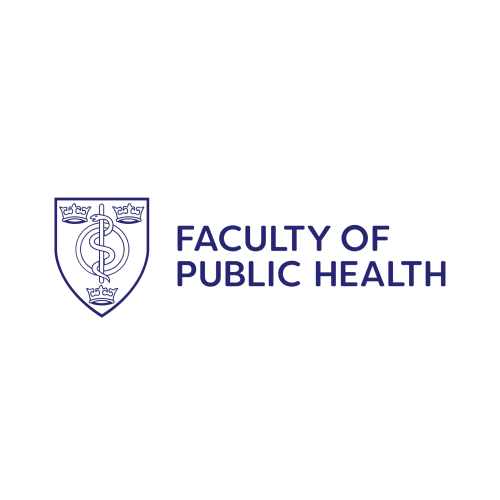









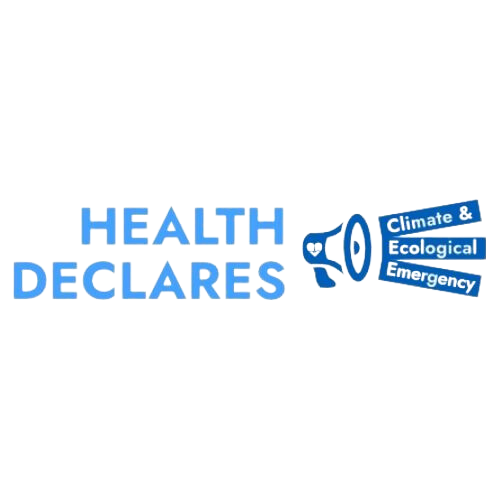



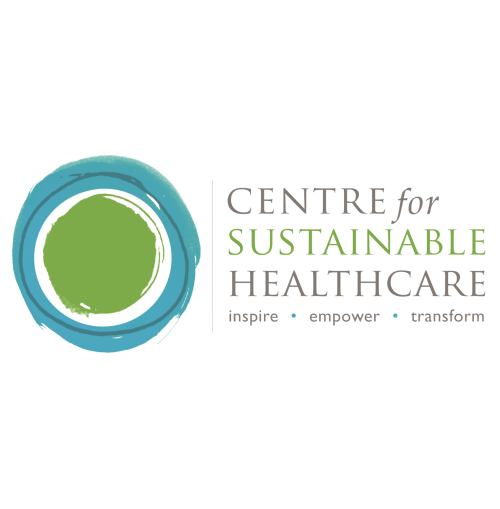





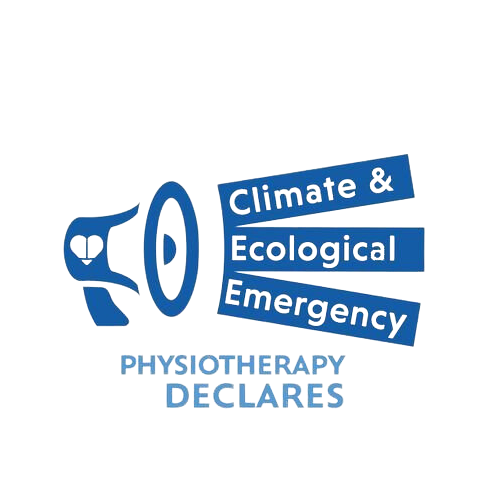


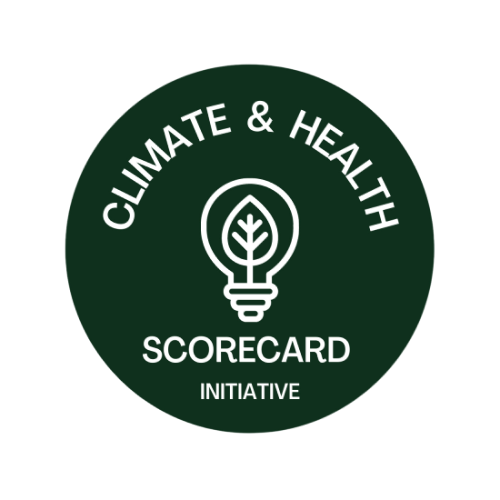
-
Trusts, Practices and Schools
East London NHS Foundation Trust
Epsom and St Helier University Hospitals NHS Trust
Essex Partnership University Trust
King’s College Hospital
Northumbria Healthcare NHS Foundation Trust
Ringmead Medical Practice
Sirona Care and Health
Sunderland Medical School
The Aberfeldy Practice

